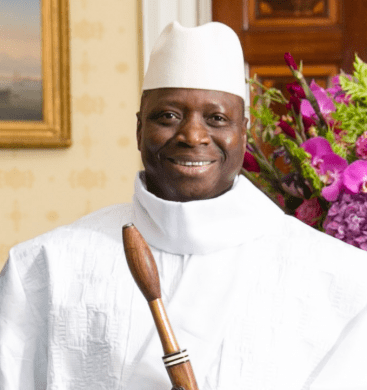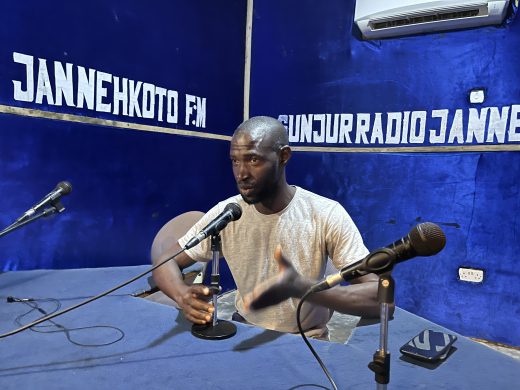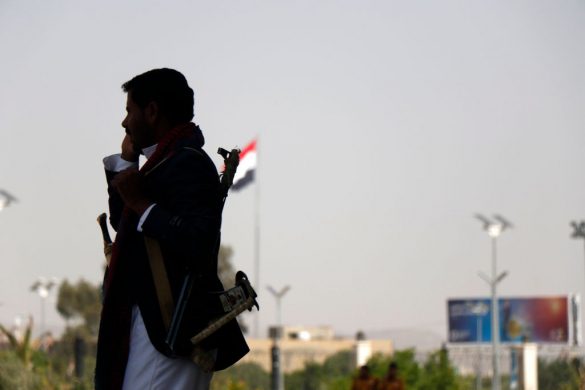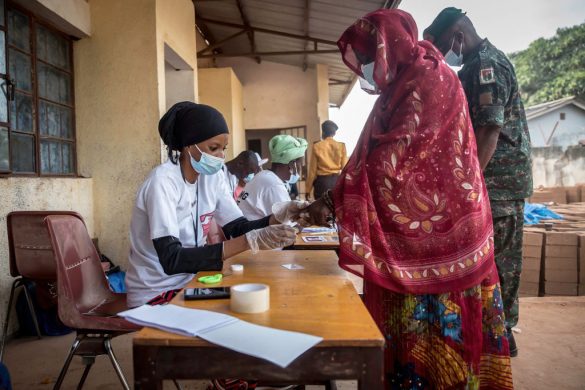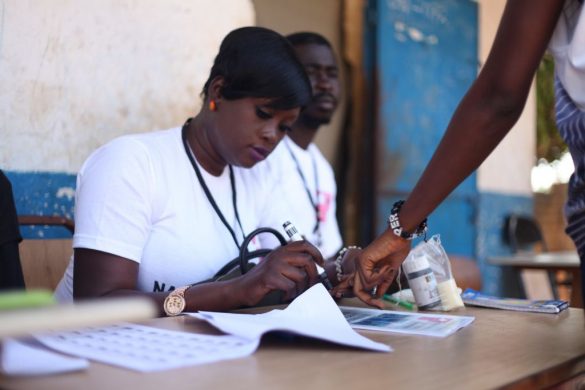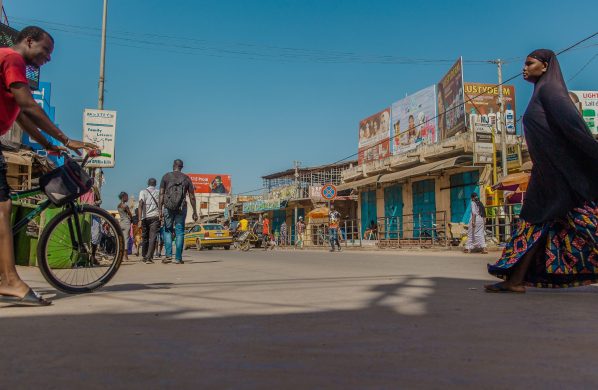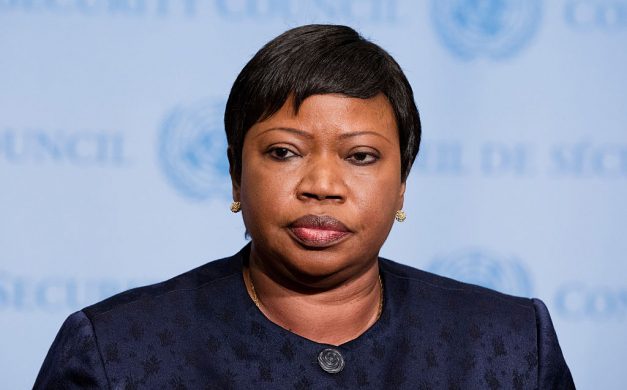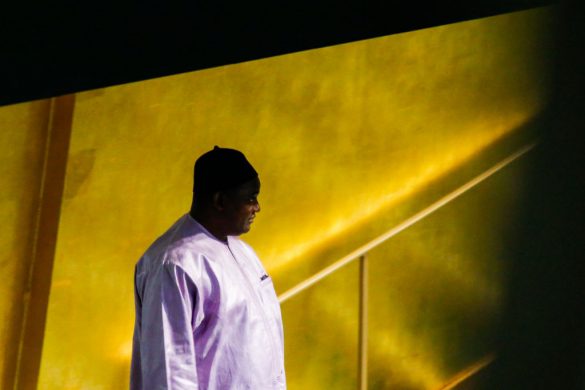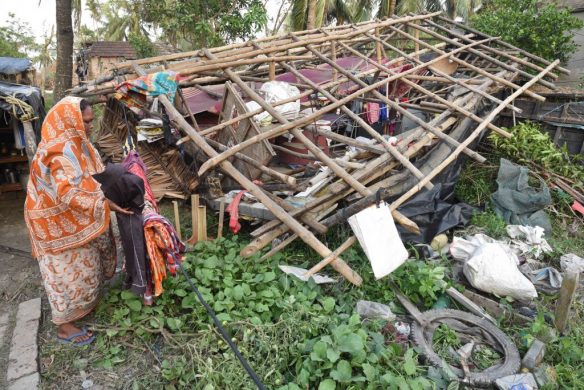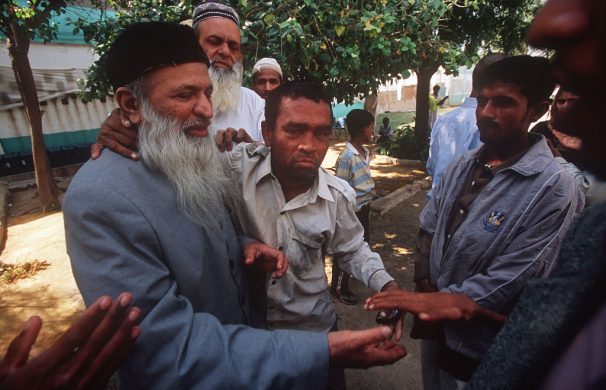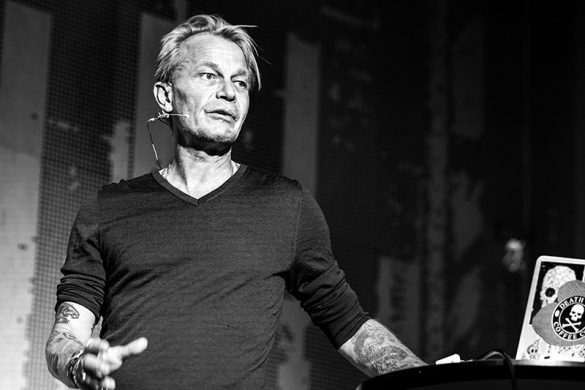On July 20, 2016, a Gambian High Court sentenced the leader of the main United Democratic Party (UDP) (currently in opposition), Ousainou Darboe, and 18 other opposition activists to three years in prison for — among other charges — participating in a demonstration without a licence. They were arrested on April 19 in the capital, Banjul.
The opposition has denounced the trial, while human rights organisation Amnesty International has noted that these prison sentences for opposition leaders continue the downward spiral for human rights in The Gambia.
Among those convicted is Fanta Darboe Jawara — a naturalised US citizen who, while visiting the country, took part in the protest led by her uncle. The ruling is attracting attention in the United States, where four Maryland congressional members have expressed outrage over her conviction.
In April 2016, the country witnessed a series of unprecendented protests that started with a peaceful demonstration calling for electoral reforms to take place prior to the country's upcoming December 2016 election. The demonstration was led by Ebrima Solo Sandeng, the youth head of the main opposition party, UDP.
Many opposition politicians believe that the existing electoral laws favour the incumbent president Yahya Jammeh, and would like to see them changed. As things stand, it is difficult to challenge him — individuals require as much as 500,000 Gambian Dalasi (about US$11,280) to register a political party or run as a presidential candidate in The Gambia.
By the end of the protest, security forces rounded up and detained Sandeng and other UDP supporters. Sandeng and two other UDP members died in police custody within 48 hours of their arrests. This led to new demonstrations, led by Darboe, who demanded the release of the remaining protesters.
The United States, the United Nations and other international organisations have repeatedly called on the government to respect the rights of citizens to peaceful protest. President Jammeh, who has been in power since 1994, is widely criticised for mistreatment of journalists, opposition members and members of the LGBT community.
In its 2014 submission to the Universal Periodic Review (UPR) of Gambia, Amnesty International noted: “Since Gambia’s first Universal Periodic Review (UPR) in 2010, the human rights situation in the country has deteriorated. The government continues to stifle freedom of expression and commit other human rights violations with impunity.”
Both Gambians and netizens outside of the country have taken to Facebook and Twitter to condemn the conviction.
Læs hele artiklen og find flere links og oplysninger hos Global Voices

